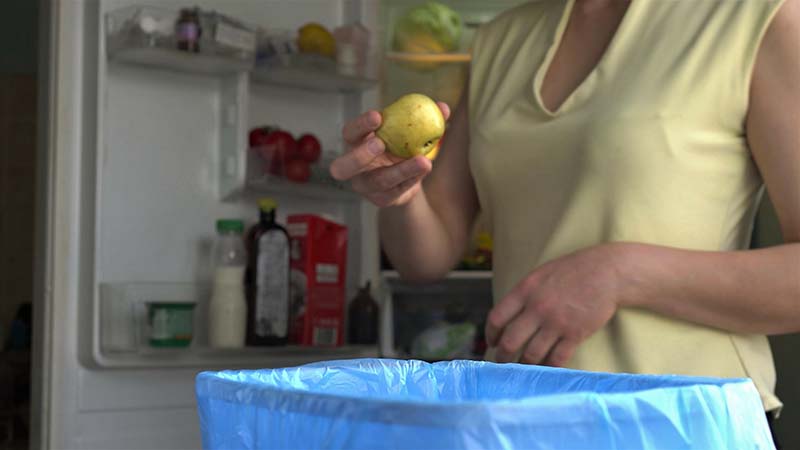
Ensuring Food Safety and Understanding Food Spoilage Insurance Coverage in the Wake of Hurricane Beryl
In the wake of Hurricane Beryl, residents across the Greater Houston Area are grappling with substantial power outages. As the struggle to restore power continues, a secondary concern has emerged: food safety and the potential monetary loss due to spoiled food.
According to the Texas Department of Insurance, homeowners and renters insurance policies may cover up to $500 for food spoiled as a result of a power outage. There are, however, strict stipulations on these policies. Those insured are advised to take pictures of the spoiled food for records and to contact their respective insurance agents to inquire if their policy covers such losses.
While reimbursement for lost food expenses can help curb the financial sting of a power outage, it's crucial to protect specific health risks associated with consuming spoiled food in the interim. The Centers for Disease Control and Prevention (CDC) recommends that, in a power outage, residents keep their refrigerator and freezer doors closed. A closed refrigerator can maintain the safety of its contents for up to 4 hours without power, a full freezer for 48 hours, and a half-full freezer for 24 hours.
Mobile Sidebar Ad
Once the 4-hour mark has passed, the CDC advises disposing of refrigerated foods such as meat, fish, eggs, milk, and leftovers. Additionally, any food that has an unusual color, smell, or texture should be discarded. The risk of foodborne illnesses increases significantly during power outages as the perishable foods in your refrigerator rise above safe temperatures. The CDC cautions against tasting food to deem its safety – when in doubt, throw it out.
In these challenging times, residents of the Greater Houston Area are urged to prioritize safety. Check with your insurance agent if you're unsure about your policy's coverage, and follow the CDC's guidelines to ensure the food you're consuming is safe.
For more information on food safety, contact the CDC at 1-800-CDC-INFO or visit cdc.gov/foodsafety.
 Tiffany Krenek has been on the My Neighborhood News team since August 2021. She is passionate about curating and sharing content that enriches the lives of our readers in a personal, meaningful way. A loving mother and wife, Tiffany and her family live in the West Houston/Cypress region.
Tiffany Krenek has been on the My Neighborhood News team since August 2021. She is passionate about curating and sharing content that enriches the lives of our readers in a personal, meaningful way. A loving mother and wife, Tiffany and her family live in the West Houston/Cypress region.

